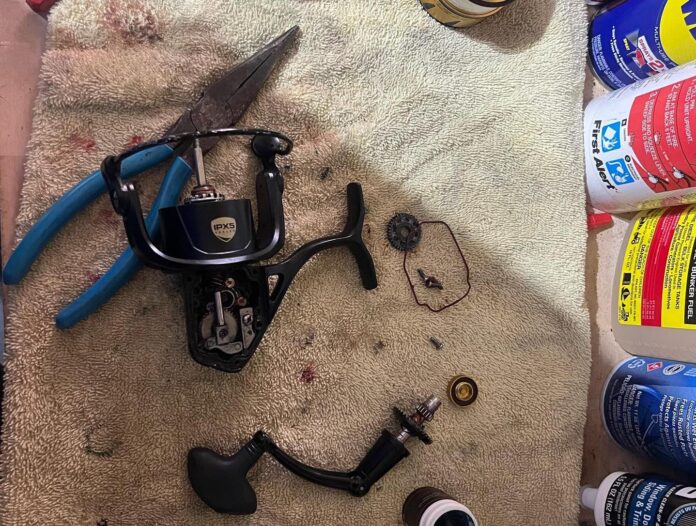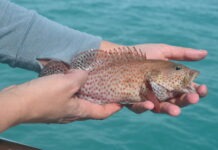
In the world of angling, seasoned fishermen and novices alike understand the significance of having well-maintained equipment. While fishing rods and lures often steal the spotlight, the fishing reel plays an important role in having a successful and enjoyable fishing trip.
Regular maintenance of fishing reels is a practice often overlooked, but holds importance for anglers of all levels. Fishing reels are intricate pieces of machinery designed to withstand the harsh conditions of our saltwater environment. The drag components are responsible for managing the tension and the amount of give in the fishing line, making them integral to a smooth and successful fishing experience.
Just like any other mechanical device, reels require regular maintenance to perform at their best. Neglecting reel maintenance can lead to a host of issues, including reduced casting distance, decreased drag performance and the dreaded bird’s nest tangle that every angler fears. A well-maintained reel ensures precision in every turn of the handle, allowing anglers to cast accurately and reel in their catch with ease.
Investing in quality fishing gear can be a significant financial commitment, and replacements are costly, so it makes sense to extend the life of your equipment as much as possible. Regular maintenance of your fishing reel is a cost-effective way to achieve this goal. A properly maintained reel can last for years, providing reliable service season after season. By cleaning, lubricating and inspecting your reel regularly, you can prevent corrosion and wear and tear, saving you money in the long run.
As anglers, we have a responsibility to protect the natural environments we enjoy. Proper reel maintenance is an essential part of this because neglecting reel maintenance can lead to line breakages, lost hooks and other fishing gear left behind in the water. The debris poses a significant threat to our aquatic life and reef.
After each fishing trip, rinse your reel with low pressure fresh water to remove salt, sand and debris. I prefer to use the shower setting on the hose nozzle as to not blast sand and salt into the bearings. Pay special attention to the spool, handle and drag system. I clean my rod and reels with a soft mitt before cleaning the boat, allowing me to use the same bucket of soap that I use to clean the boat before it’s contaminated with all the gunk off the deck.
Check your reel for signs of wear and tear, such as loose screws, cracks or corrosion. Address any issues promptly to prevent them from worsening. Always ensure your roller bearing spins – if it doesn’t spin, your fishing line will be toast in no time! Apply a high-quality reel oil or grease to the necessary components, such as the handle knobs, bail and roller bearing. Proper lubrication ensures smooth operation and prevents rust. If your fishing line shows signs of wear, you will want to replace it quickly to prevent line breakage the next time a fish is on. Fishing line is cheap and not worth losing a big fish over. When not in use, store your reel in a dry and cool place and consider using reel covers or cases for extra protection.
Periodically, it’s advisable to have your reel professionally serviced, especially if you use it frequently or in harsh conditions. I primarily fish lighter tackle and spinning reels, which are easier to service. Conventional reels are typically more technical, so I suggest dropping those off at a local tackle shop to have serviced.
If you take care of your equipment it will take care of you. Don’t forget to always have a fresh spool of line with a smooth roller bearing, because your gear will only break when you’re fighting the fish of a lifetime.























